Pictures of the event
-
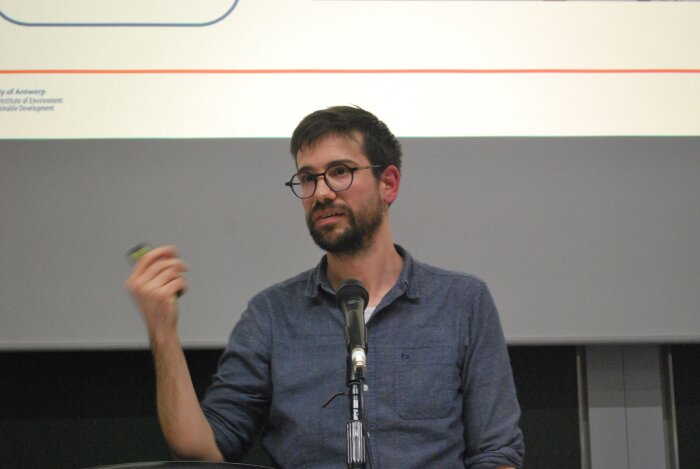 Vincent Bellinkx - moderator
Vincent Bellinkx - moderator -
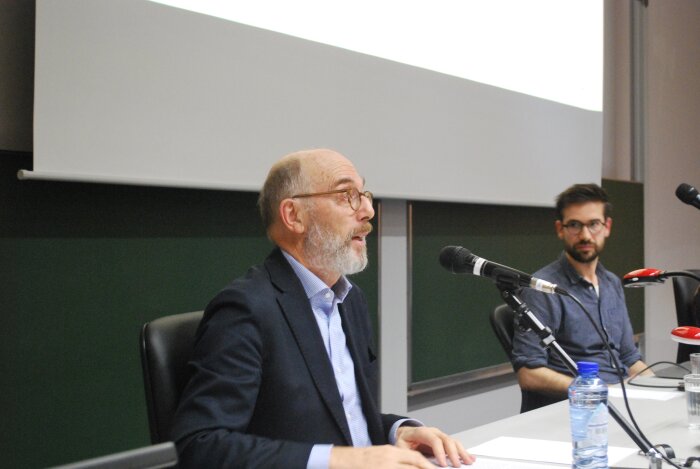 Jan Rosier - invited speaker
Jan Rosier - invited speaker -
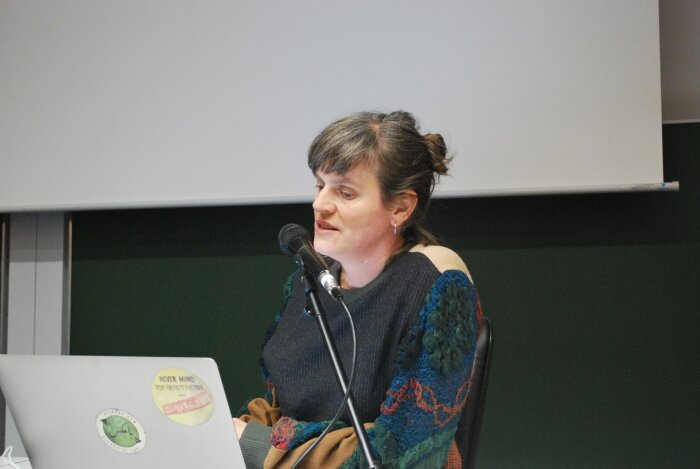 Barbara Van Dyck - invited speaker
Barbara Van Dyck - invited speaker -
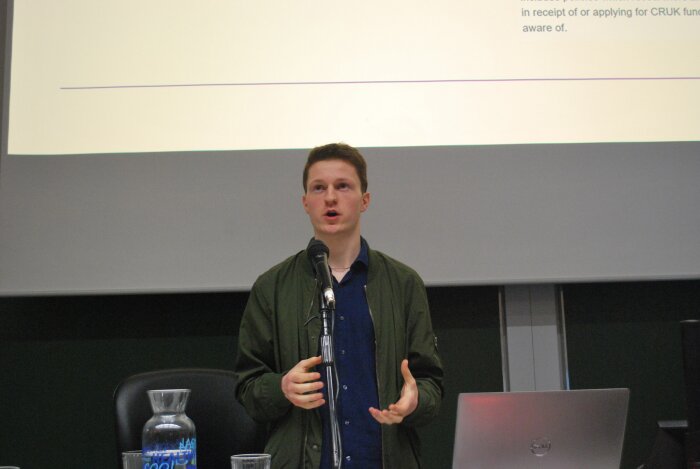 Sam Gee - invited speaker
Sam Gee - invited speaker -
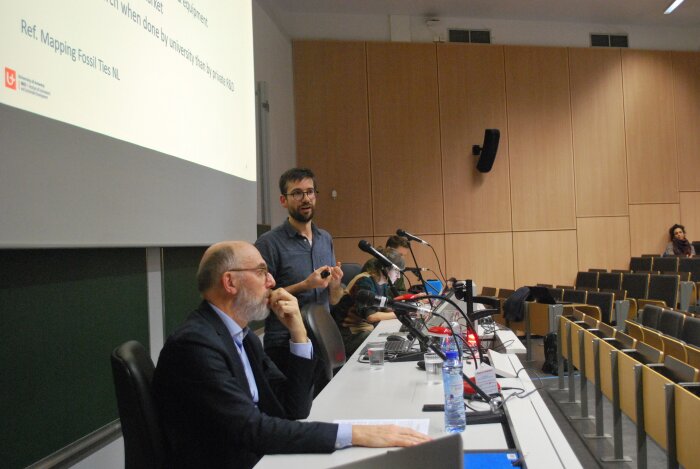 The panel
The panel -
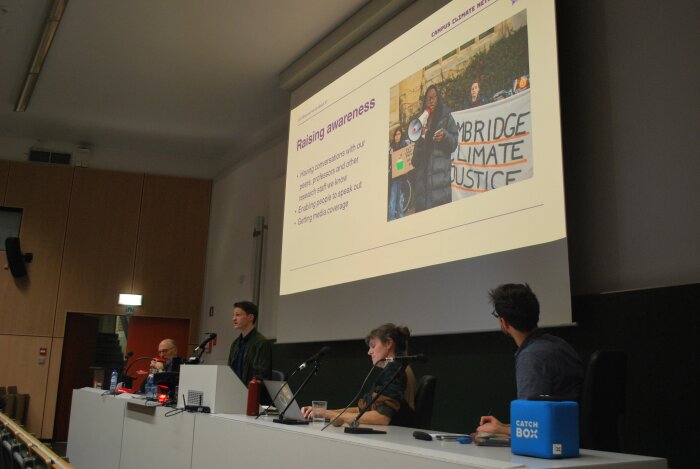 The panel
The panel
Abstract of the event
Universities have longstanding connections with industries in different domains, fulfilling a range of (mutual) purposes such as obtaining research funding, securing political support, and facilitating communication. At the same time universities position themselves as champions in tackling climate change, fostering so-called sustainability and peace and promoting social transformation. Over the years, student movements and university staff members have questioned the potential contradictions between these seemingly opposing positions/discourses, particularly in relation to universities maintaining ties with fossil fuel, pharmaceutical and agrochemical companies and the military-industrial complex. This session explores the intricate connections between universities and industries, with a specific focus on the relationship between academic institutions and the fossil fuel sector.
Panelists will share insights on
- the practical implications of university-industry ties, including in policy making;
- how these connections can shape university actions, research practice and research outcomes;
- the dynamics involved in fossil research financing;
- an exploration of the role universities could play in democratic modes of innovation.
Invited speakers
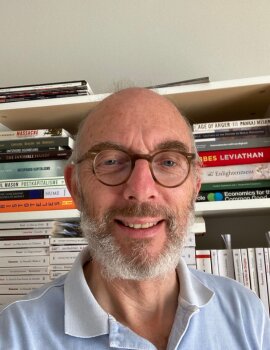
Professor Jan Rosier holds both a PhD in Pharmaceutical Sciences (Ghent University, Belgium) and a PhD in Management (Cranfield University, UK). He teaches about strategic innovation and the relationship between industry and society at University College Dublin (UCD). He is a member of the Advisory Board of Incentives for Global Health's Health Impact Fund (healthimpactfund.org).
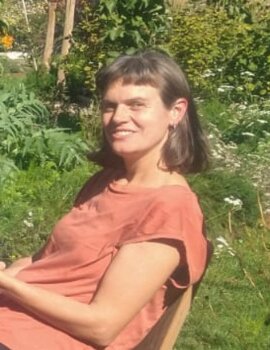
Barbara van Dyck is a political agroecologist at the Université Libre de Bruxelles and honorary fellow at the Centre for Agroecology, Water and Resilience, Coventry University. She has a particular interest in the entanglement of economic and political interests with agrifood research & development (R&D), together with the historically constructed organisation of the modern sciences in disciplinary silos. In exploring how plurality can be cultivated in agrifood knowledges and ways of knowing, she is keen to explore pedagogies of hope. She is active in a number of networks and collectives in Belgium and internationally that seek to support peasant agroecology and food sovereignty.
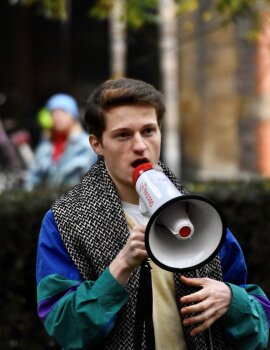
Having spent his time as a London teenager volunteering with his local Friends of the Earth group and the Eco-Schools programme, Sam Gee, now 21, campaigns to get Big Oil’s influence and money out of higher education. He sits on the Steering Committee of the Campus Climate Network, which has taken its Fossil Free Research campaign international. Meanwhile, he is working towards an end to fossil fuel funding at his own university, Cambridge, with local student-led group Cambridge Climate Justice.
Moderator
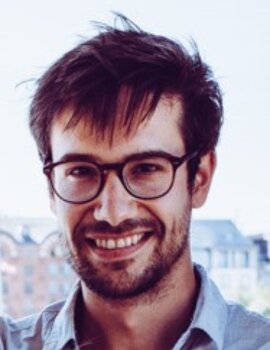
Vincent Bellinkx works at the Institute for Environment and Sustainable Development, University of Antwerp. He holds a PhD in the field of human rights and environmental development. His research interests are situated at the intersection of law and transition, mainly focusing on the role of non-state actors in law and governance and public participation. He has been active in public participation initiatives in Brazil, South Africa and Belgium and is engaged in both civil society and policy on topics such as just transition, chemical pollution, agroecology and climate. As a volunteer he co-founded Atopia, a collective that trains citizens for lobbying in the public interest.